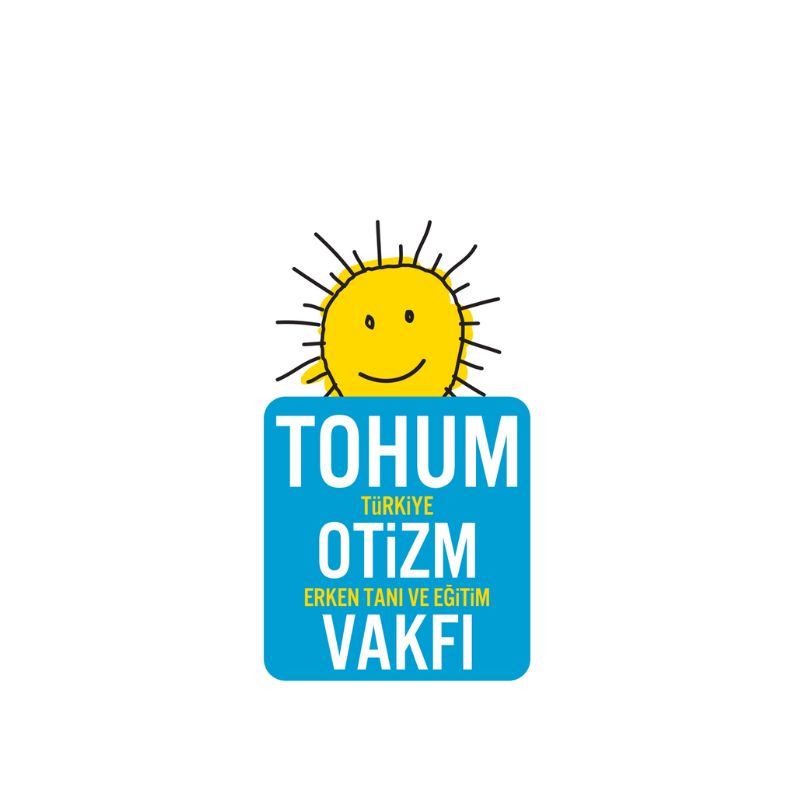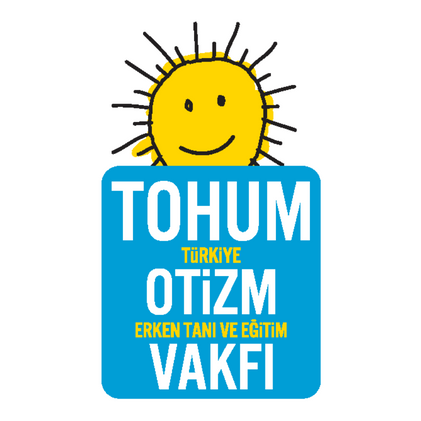In October 2007, a project was launched in Bursa to raise awareness of ‘Autism’, as per the project work plan (see Table 1 for details). We worked jointly with local TV stations, newspapers, the municipality and the Municipal Health department during the first two weeks of October. The campaign had many different strands from the education and learning needs of autistic children depending on their age and developmental capacities to the need for families to be aware of many different subjects in order to provide top level and early stage opportunities for autistic children. The Thumb Autism Foundation representative participated in press briefings and programs on the subjects of:
- What is Autism?
- How is Autism diagnosed?
- What are the other features of Autism?
- How is Autism treated?
- Why is early diagnosis and intensive education important?
- How can your autistic child benefit from educational services?
- Schools and institutions for children with autism,
- What are your autistic child’s legal and social rights?
For these two weeks, autism awareness was promoted through radio jingles, films on autism on the TV and posters at health Centers to the widest possible audience.
Globally, freedom is a universally acknowledge right and governments have important responsibilities in this regard. As such, for a family who finds out that their child carries the risk of autism, accessing the necessary support services and supporting them in their need to acquire the knowledge that they need to participate in their child’s education effectively is the responsibility of all official institutions and social responsibility for NGO’s.
Education during the early stage of childhood for an autistic child is spent at home with their family provided that the family obtains the knowledge and support that they need. The family has to observe their child’s education and as such, their participation in the autistic child’s education is a must. This participation is the most important factor that needs to be carefully managed in autism education and therapy. A specialist must teach the family the skills they need to continue this education at home. In order for this to be the case, therapy rooms for providing special education or specialist schools dedicated classrooms have camera systems which the families can use or the observation rooms have to have these types of designs. This means that specialist teachers and the family can learn the provide the same skill with the same methodology in real time.
As well as participating in their child’s education the family must be made aware of their and their child’s rights. The right to receive information and support in this matter is their natural right. Official institutions and NGO’s are responsible for either providing the information or supporting the family’s access thereon.
In the second leg of the Meeting, together with the Bursa Greater Municipality Library Department, H. Deniz Onur, an education ‘formation’ specialist from the Tohum Autism Foundation headed a series of meetings entitled “Teach your Child Social Skills” at the Bursa Greater Municipality Library Exhibition and Conference Salon. The meetings were held on 7 December 2007 and 21 March 2008.
Research has shown that whatever the special circumstances or needs, every case has benefitted substantially formerly diagnosis, early intensive therapy and the positive effects of education have been proven. If autism is detected before year 3 and education is begun immediately, the child goes on to gain self-care skills, can take his/her place in the community and can continue his/her education within the formal education system. Autism lasts a lifetime however when the individual is able to be a part of the community, can adapt to family and social life and can join the integration program at school and can gain independent life skills then we can speak of positive developments.
With this purpose in mind, the Bursa Children with Autism Association and the Ministry of Education have jointly put together biannual information meetings titled “What is Autism? The Family’s Legal Rights” which is aimed at primary school and pre-school integration students, as well as preschool teachers and school managers. As a result, as well as families, preschool teachers are also empowered to be a part of detecting autism and begin intensive education without losing any time.
In April 2007, the Founder of the Tohum Autism Foundation and Deputy Chairman Ms. Aylin Sezgin and the Project and Communications Director Özgül Gürel have met with the Bursa Greater Municipality Education Department to Agee the details of a protocol to jointly work on to eliminate the lack of educational professionals at OÇEM. The Tohum Autism Foundation will provide support for this project by assessing the current needs of OÇEM and by the Tohum Autism Foundation Education Coordinator will prepare a program.
The program will comprise:
- Discrete Module Education: Practical application
- Gaining Independent Behaviors: Activity Scheduling
- Structuring Behavior: Practical application
- Activity Scheduling: Practical application
- Developing home programs and family training
- Opportunity Learning: Practical application
- Feedback Taking and Giving
- Giving clues and eliminating clues: Practical application
- Verbal interaction and Social Communication Development: Learning by repetition
- The Tohum Autism Foundation Autistic Children’s Education program
- Autism and Children with Autism
- Self-care, daily routines, free time and gaining play skills
- What is Professionalism
- Professionalism: Practical application
- Learn by repeating: Practical application
- Applied Behavioral Analysis
That Autism is diagnosed before the age of 3 and education begun immediately, is the most important factors in the child developing self-care skills, taking his/her place in the community and in the child continuing within the formal education system. Autism is diagnosed only by specialists who are experienced professionals in the field of children’s developmental disorders. There are differences in professionals groups for those who can diagnose autism. In our country, this diagnosis is made by child psychiatrists. In diagnosing the the child psychiatrist will look at the following;
- A detailed developmental history of the child will be sought from their direct carers since childbirth (usually mother, father, relatives and child carer),
- Will conduct interviews with the mother and father using techniques developed specifically for autism;
- Will use structured observation techniques to make assessments,
- Use valid, trustworthy and Turkey-adapted scaling to assess the child and will make an evaluation based on these results.
CHAT (Checklist for Autism in Toddlers) and M-CHAT (Modified Checklist for Autism in Toddlers) scaling has been adapted to Turkey by the Boğaziçi University academic for the Tohum Autism Foundation. These measurements were used in the first and solo “Autism Screening Project which was a joint effort by the Turkish Ministry for Health and financed by a donation from the European Union. The project was carried out in İzmir, Adana, Gaziantep, Bursa and İstanbul on 46,000 children. Noting the importance of early detection in Autism, the CHAT and M-CHAT applications should be used more widely and training on using these should be give to healthcare professionals. In the past, 54 health Centers with 36 doctors and 200 assistant healthcare workers as well as new workers were given this test as a routine screening and this test is used in Bursa with the support of Anne Çoçuk Sağlığı ve Aile Planlaması Merkezleri (The Mother and Child Health Care and Planning Departments).
















